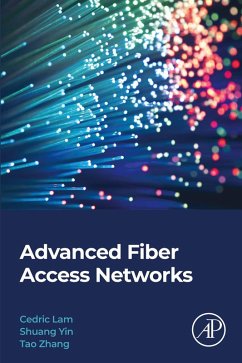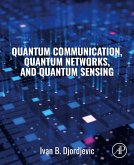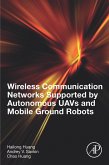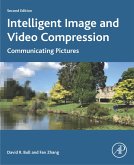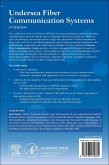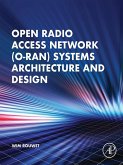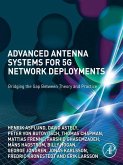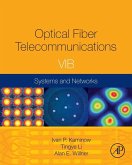Advanced Fiber Access Networks takes a holistic view of broadband access networks-from architecture to network technologies and network economies. The book reviews pain points and challenges that broadband service providers face (such as network construction, fiber cable efficiency, transmission challenges, network scalability, etc.) and how these challenges are tackled by new fiber access transmission technologies, protocols and architecture innovations. Chapters cover fiber-to-the-home (FTTH) applications as well as fiber backhauls in other access networks such as 5G wireless and hybrid-fiber-coax (HFC) networks. In addition, it covers the network economy, challenges in fiber network construction and deployment, and more.
Finally, the book examines scaling issues and bottlenecks in an end-to-end broadband network, from Internet backbones to inside customer homes, something rarely covered in books.
- Provides the latest information on end-to-end broadband access networks, from architecture to network technologies and network economies
Dieser Download kann aus rechtlichen Gründen nur mit Rechnungsadresse in A, B, BG, CY, CZ, D, DK, EW, E, FIN, F, GR, HR, H, IRL, I, LT, L, LR, M, NL, PL, P, R, S, SLO, SK ausgeliefert werden.
Hinweis: Dieser Artikel kann nur an eine deutsche Lieferadresse ausgeliefert werden.

